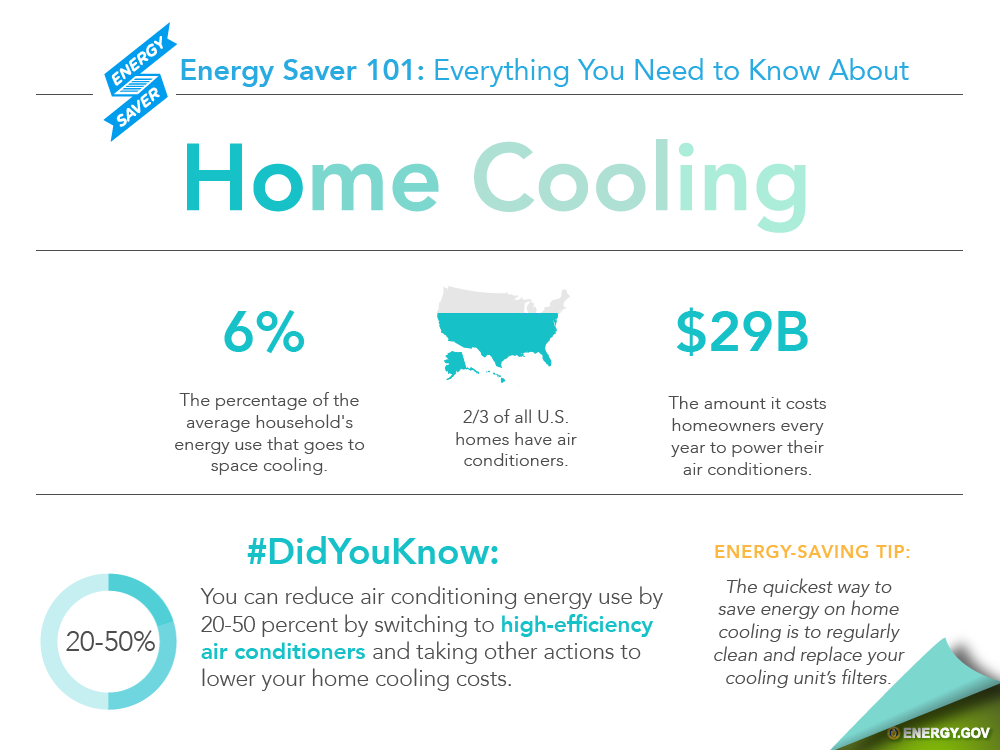The Future Of Home Home Heating - How Heatpump Modern Technology Is Evolving
The Future Of Home Home Heating - How Heatpump Modern Technology Is Evolving
Blog Article
Content Author-Skaaning McCormick
Heatpump will be a crucial innovation for decarbonising home heating. In a situation consistent with federal governments' announced energy and climate dedications, their international ability doubles by 2030, while their share in heating rises to one-quarter.
They work best in well-insulated homes and rely upon power, which can be supplied from a sustainable power grid. Technical breakthroughs are making them much more effective, smarter and cheaper.
Gas Cells
Heat pumps make use of a compressor, refrigerant, coils and followers to move the air and heat in homes and appliances. https://docs.google.com/spreadsheets/d/1M4QoRQBniATnnSlfIthVFhYczUgYJf4lKxw942n_dzQ/edit?gid=1074771488#gid=1074771488 can be powered by solar energy or electricity from the grid. They have actually been acquiring popularity because of their low cost, peaceful procedure and the ability to produce electrical energy throughout peak power need.
Some firms, like IdaTech and BG MicroGen, are servicing gas cells for home heating. These microgenerators can replace a gas central heating boiler and create several of a home's electrical needs with a link to the power grid for the remainder.
Yet there are reasons to be doubtful of using hydrogen for home heating, Rosenow claims. It would be expensive and inefficient compared to other modern technologies, and it would certainly add to carbon discharges.
Smart and Connected Technologies
Smart home modern technology allows home owners to attach and manage their gadgets remotely with making use of mobile phone apps. For instance, smart thermostats can learn your heating preferences and instantly get used to optimize energy intake. Smart lighting systems can be regulated with voice commands and immediately switch off lights when you leave the room, minimizing energy waste. And wise plugs can keep an eye on and handle your electrical use, allowing you to identify and restrict energy-hungry devices.
The tech-savvy household illustrated in Carina's interview is a great image of just how owners reconfigure space home heating practices in the light of new smart home modern technologies. They rely upon the tools' automatic attributes to carry out everyday changes and regard them as a convenient ways of performing their home heating methods. Therefore, they see no factor to adjust their techniques better in order to make it possible for flexibility in their home energy need, and treatments targeting at doing so might face resistance from these families.
Electrical power
Since warming homes represent 13% of US emissions, a button to cleaner options can make a huge distinction. Yet the modern technology encounters obstacles: It's pricey and needs comprehensive home improvements. And it's not always compatible with renewable resource sources, such as solar and wind.
Until recently, electrical heat pumps were also costly to compete with gas designs in most markets. However new developments in layout and materials are making them much more cost effective. And far better chilly environment performance is allowing them to work well even in subzero temperature levels.
The following step in decarbonising home heating may be the use of warmth networks, which draw heat from a central source, such as a neighboring river or sea inlet, and disperse it to a network of homes or structures. That would lower carbon exhausts and enable homes to take advantage of renewable resource, such as environment-friendly power from a grid supplied by renewables. This option would certainly be much less costly than switching over to hydrogen, a fossil fuel that calls for new facilities and would just lower CO2 exhausts by 5 percent if paired with boosted home insulation.
Renewable Energy
As electrical energy prices drop, we're beginning to see the same pattern in home heating that has driven electric vehicles right into the mainstream-- however at an even quicker rate. The strong environment case for impressive homes has been pushed further by brand-new research.
Renewables account for a substantial share of modern-day warm intake, but have been given restricted plan focus worldwide compared to various other end-use industries-- and also less attention than electricity has. Partially, this reflects a mix of customer inertia, divided rewards and, in several nations, aids for fossil fuels.
New technologies can make the change easier. For example, heatpump can be made more power effective by replacing old R-22 cooling agents with new ones that do not have the high GWPs of their predecessors. Some professionals likewise envision district systems that draw warmth from a neighboring river or sea inlet, like a Norwegian fjord. https://www.cbc.ca/news/canada/british-columbia/air-conditioning-bc-heat-wave-1.6079403 can after that be utilized for heating and cooling in a community.